I was listening to The Dollop podcast about old timey public health guy John Hurty, and in it they mention the town he was in had a small pox outbreak, and after about four years people were just like  "It's just small pox, gotta alive your life", so I think it's partly just a human trait to be able to normalize horrible things. Especially if, like back then, there's not much people think they can do.
"It's just small pox, gotta alive your life", so I think it's partly just a human trait to be able to normalize horrible things. Especially if, like back then, there's not much people think they can do.
And there's been a huge push to normalize covid, because keeping it at bay is expensive. Countries like China, Vietnam, DPRK, New Zealand, and Austrailia were largely successful, but with every other country on the planet giving up and encouraging the spread of it, there's not much anyone country can do except strict isolationism. Really, we could put a huge dent in transmission rates with indoor air cleaning and having people wear properly fitting n95 masks, but the powers that be decided that's too much trouble, and it's easier to tell people that getting sick all the time is good for them, so now we have to wait for science to do magic with better vaccines.
I try not to get mad that so many people gave up, or even regressed, but it's difficult. Especially when I'm personally and professionally close to vulnerable people who are still dying and being injured at alarming rates from this shit. It's like if everyone decided indoor smoking should be a thing people should do everywhere, again.

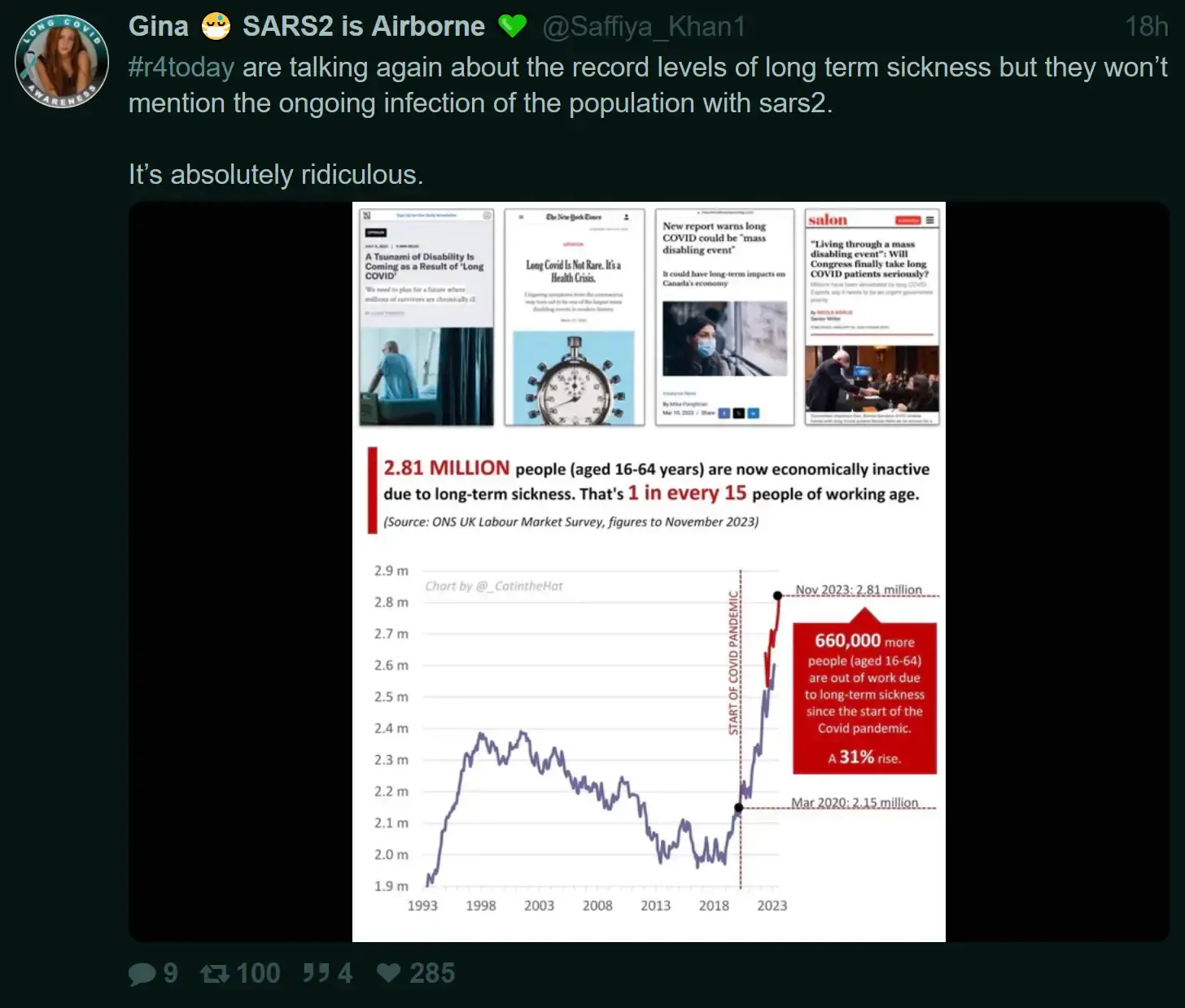

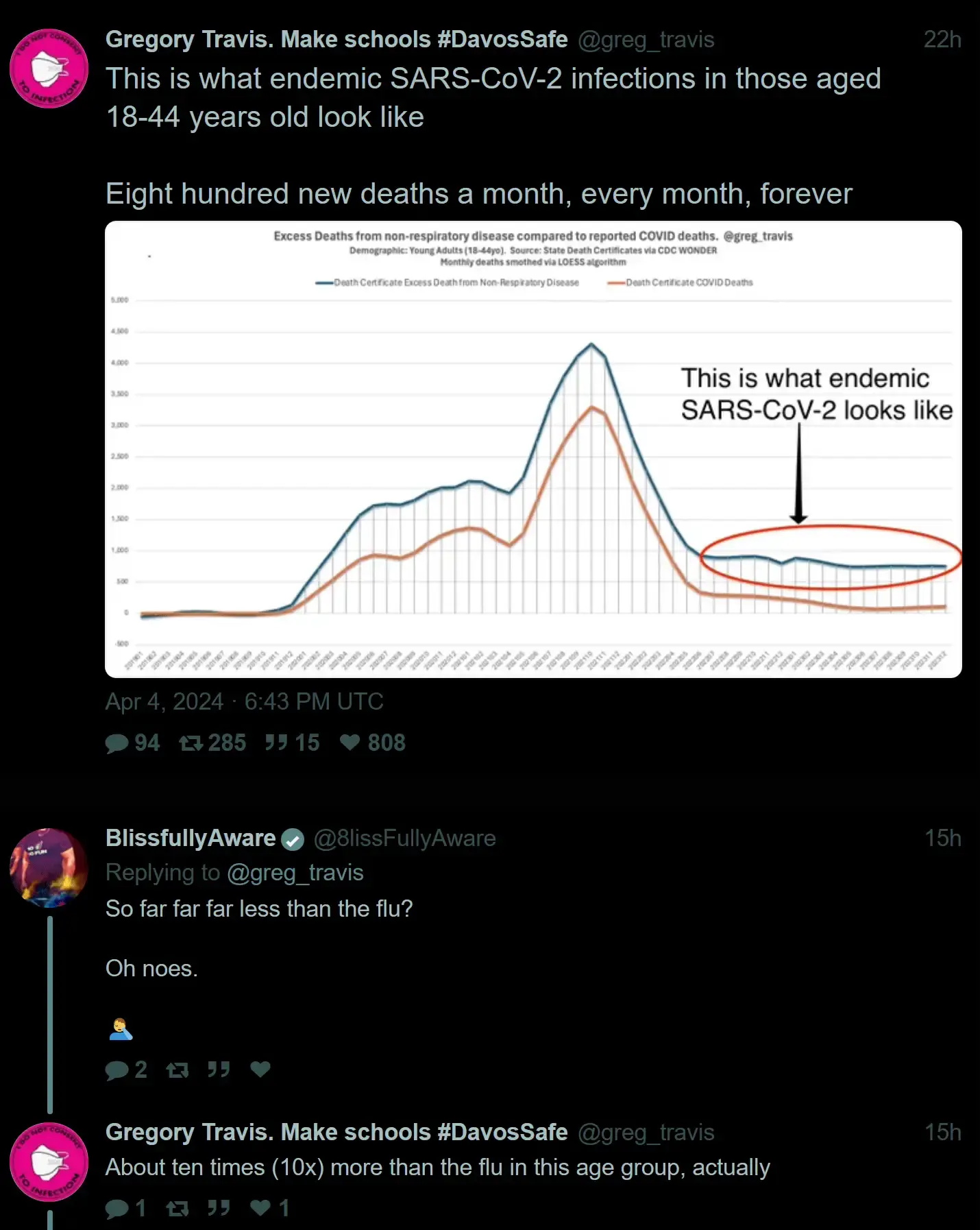
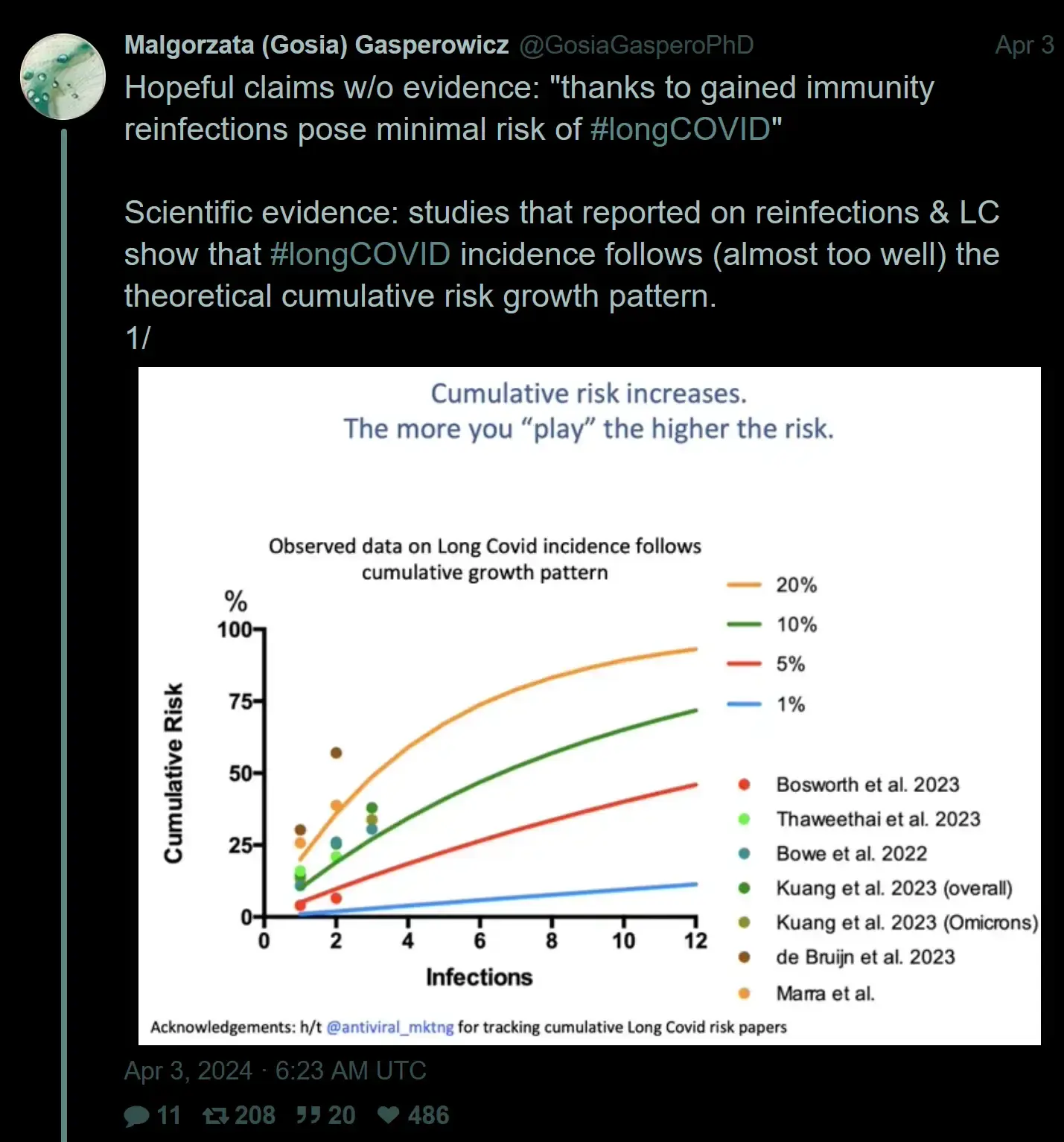

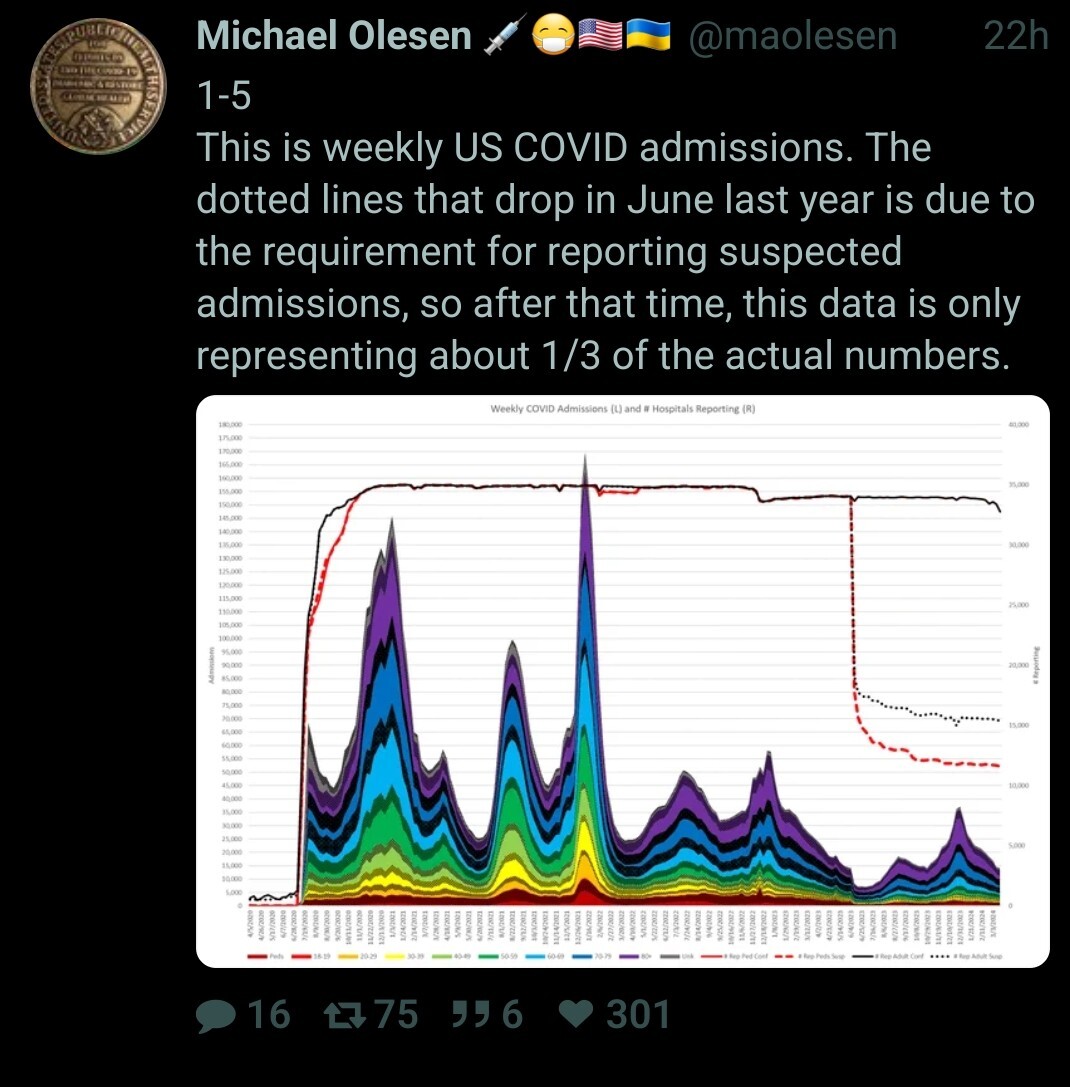
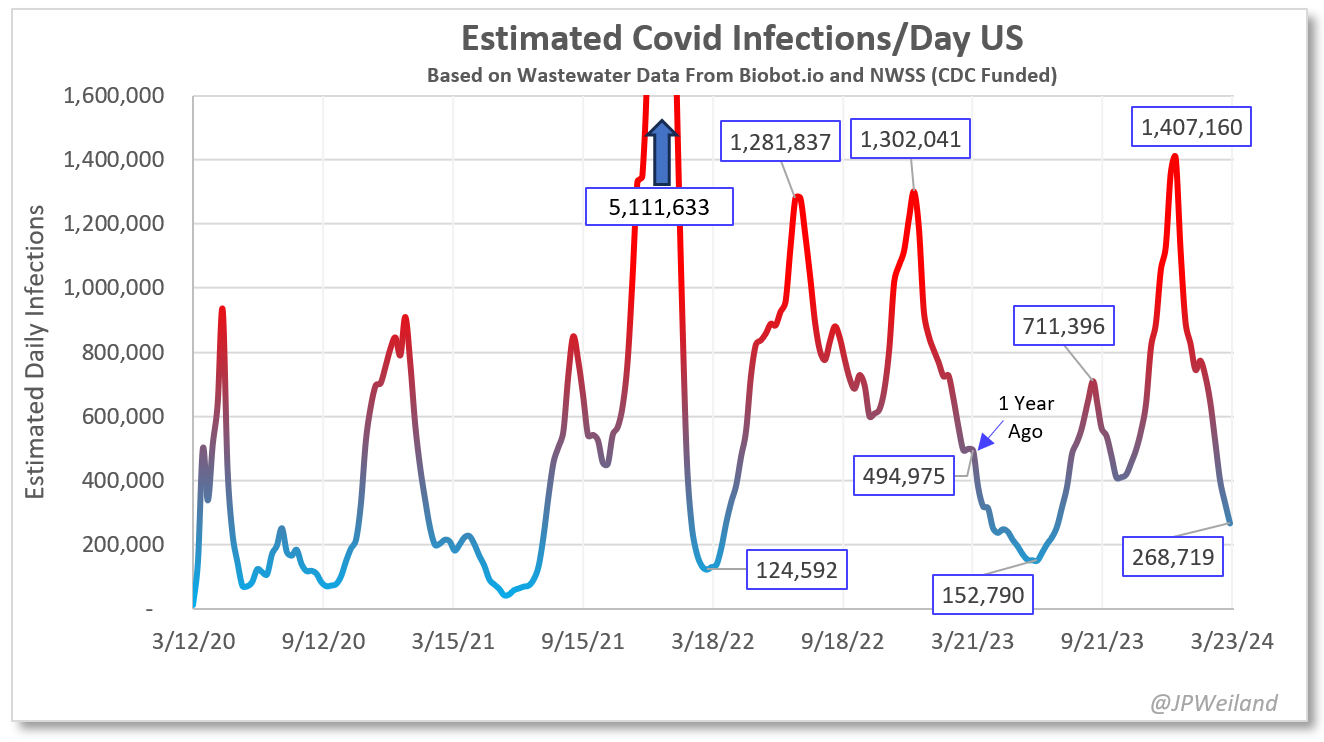

 ) as a replacement to my current windows install.
) as a replacement to my current windows install.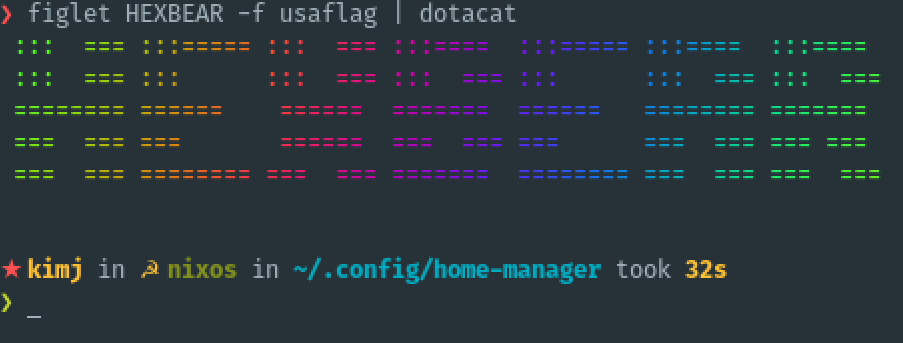


 vaxxed?
vaxxed? threads on this article are full of people describing the new heart conditions they developed after getting covid.
threads on this article are full of people describing the new heart conditions they developed after getting covid.

"They’ve also publicly threatened Iran that if it hits Israeli soil, Israel will hit Iranian soil again"
fixed